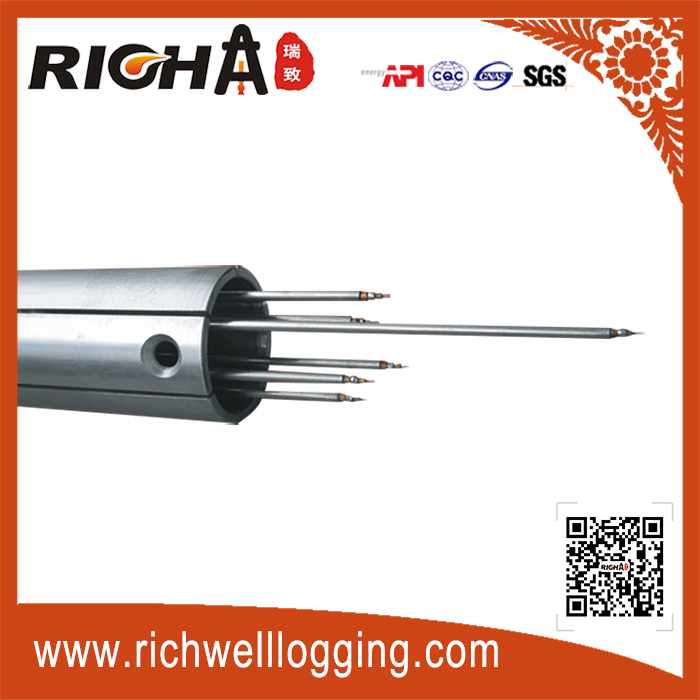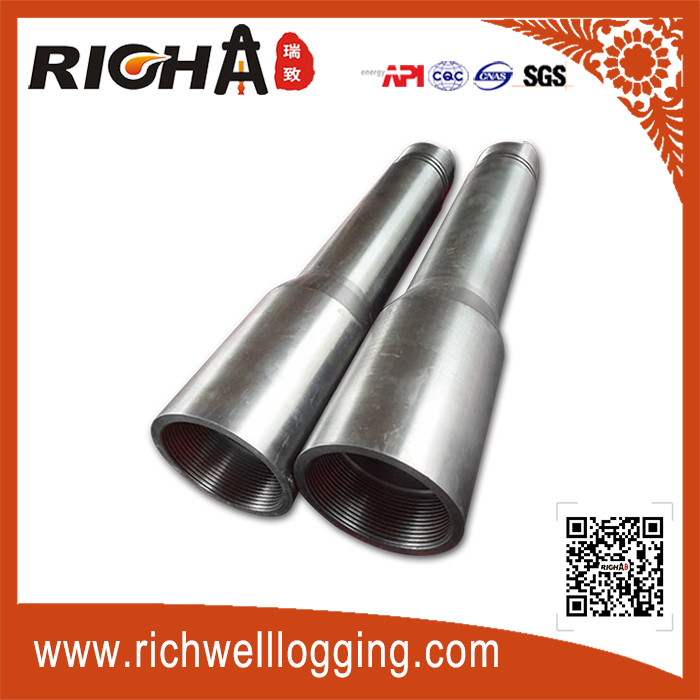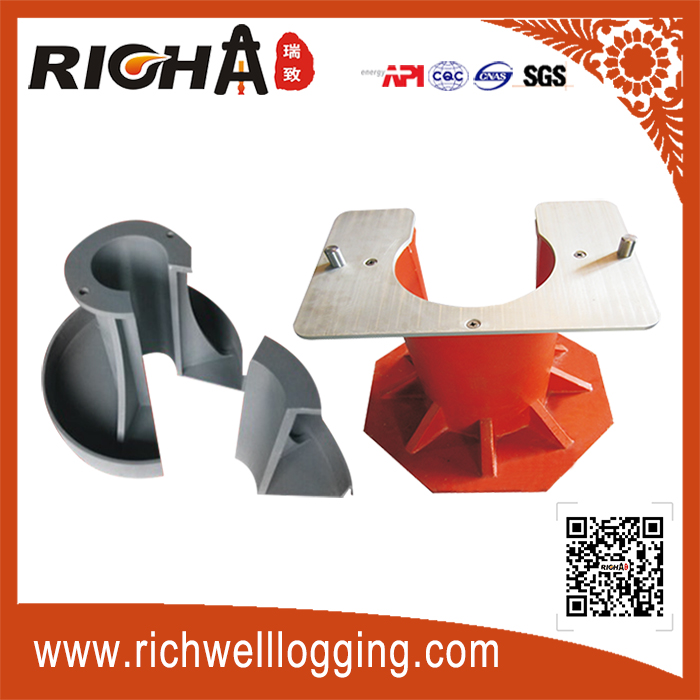Consultation Hotline:13629207777(WeChat Same Account)
Quality supervision:15229006666
After-sale service:029-86670108
Email:info@richwelllogging.com
Address:No. 388 Caotan 9th Road, Xi'an Economic and Technological Development Zone
Issues in the Standardization of Calibration for Petroleum Logging Instruments
1. Lack of Sufficient Attention to Calibration Standardization
Although the standardization of calibration for petroleum logging instruments in China has made notable progress in recent years, several critical issues remain unresolved. A primary reason is the insufficient attention paid by many industry manufacturers and operators to calibration standardization. Most petroleum enterprises are overly focused on improving production efficiency and fail to fully recognize the importance of calibration. As a result, this work is often overlooked in day-to-day operations, slowing the advancement of calibration standardization and hindering its widespread application across the industry.
2. Inadequate Supporting Infrastructure
Due to the lack of awareness and investment in calibration standardization, many oil companies do not allocate sufficient funds to improve supporting infrastructure. This has resulted in poorly equipped calibration systems for logging instruments. Additionally, inconsistent calibration procedures during production and operations have led to discrepancies in logging data, reducing accuracy and severely affecting the reliability of oil exploration results.
3. Low Qualification of Calibration Personnel
The overall competency of personnel involved in calibration standardization is relatively low, significantly hampering the development of this work. This is largely due to the limited importance oil companies place on talent cultivation in this area. In practice, two main issues exist among current staff:
Lack of Proper Understanding: Many professionals do not recognize the significance of their roles and often lack a proactive attitude, failing to promptly address errors.
Insufficient Technical Training: Many rely on practical experience rather than systematic training, leading to a lack of necessary theoretical support when solving problems.
4. Lack of Effective Supervision in Calibration Work
Although some petroleum enterprises have established supervisory systems for calibration standardization, the implementation is often weak due to lack of enforcement and emphasis. Supervision frameworks are often incomplete and fail to fulfill their intended role. Many supervisors also lack enthusiasm, leading to ineffective monitoring. Consequently, issues in calibration work are not addressed in a timely or targeted manner, negatively impacting enterprise performance and development.
5. Design Flaws in Petroleum Logging Instruments
Petroleum logging instruments are highly functional and involve complex internal components, including numerous small electronic parts. However, many of these components have poor shock resistance, which can compromise instrument performance over time. This leads to a gradual decline in functional stability, affecting the reliability of logging operations. Inadequate maintenance further contributes to internal damage. Additionally, flaws in heat dissipation and decontamination design shorten the overall lifespan of these instruments.
- China National Petroleum Corporation Maintains Stable Operations in the First Half of 2020
- Downhole Fiber Optic Sensing AUT-F100 for Oil and Gas
- Drilling Fluid Drilling: A Critical Step in Oil and Gas Exploration
- Testing of Composite Insulators in Operation
- Criteria for Evaluating the Quality of Insulators











